In Summary:
When stored correctly in an airtight container away from direct sunlight and moisture, saffron can last for several years without losing its potency.
Saffron, with its vibrant color, distinctive flavor, and long history of being a coveted spice, has been a staple in many cuisines around the world. However, the question of whether saffron expires often lingers in the minds of those who treasure this precious spice. In this article, we will explore the fascinating world of saffron longevity, addressing common concerns, and uncovering the factors that influence its shelf life.
Introduction
Saffron, derived from the Crocus sativus flower, is revered for its unique aroma, taste, and the brilliant hue it imparts to dishes. As a spice that comes with a higher price tag, consumers want to ensure that they maximize the use of saffron without compromising its quality. The longevity of saffron is influenced by various factors, ranging from storage conditions to the presence of certain gases. Let’s delve into the intricacies of saffron expiration.
Does Saffron Expire?
No, Saffron Does not expire. Saffron, like any other spice, does not have a strict expiration date. However, its potency and flavor can degrade over time. The key to preserving saffron lie s in understanding the factors that contribute to its longevity.
Factors Affecting Saffron Longevity
1. Quality: The quality of saffron plays a significant role in determining its shelf life. High-quality saffron contains a higher concentration of volatile compounds responsible for its flavor and aroma. As a result, it tends to have a longer shelf life compared to lower-quality alternatives.
2. Storage Conditions: Proper storage conditions are crucial for preserving the freshness of saffron. It should be stored in an airtight container away from direct sunlight or heat sources like stoves or ovens. Exposure to light and heat can cause degradation of the volatile compounds present in saffron.
3. Packaging: The packaging of saffron also affects its longevity. Saffron sold in transparent containers or plastic bags may be more susceptible to light exposure than those packaged in opaque containers or tins.
4. Moisture: Moisture is another factor that can impact the shelf life of saffron. It is essential to keep it away from humid environments or areas prone to moisture accumulation as it may lead to mold growth or clumping.

#image_title
How Long Can Saffron Last?
Saffron has a relatively long shelf life if stored properly. The quality of saffron can deteriorate over time due to exposure to light, heat, moisture, and air. However, when stored correctly in an airtight container away from direct sunlight and moisture, saffron can last for several years without losing its potency.
The shelf life of saffron can vary depending on various factors such as the quality of the saffron, storage conditions, and packaging. Generally, high-quality saffron can last up to three years or even longer if stored correctly. However, lower-quality saffron may lose its flavor and aroma more quickly.
Best Practices for Prolonging Saffron Longevity
- Avoid Exposure to Light:
- Keep saffron in a dark place to prevent the breakdown of its chemical compounds due to exposure to light.
- Store in Small Batches:
- Consider dividing saffron into smaller portions for storage. This reduces the frequency of opening the main container, minimizing air exposure.
- Use Quality Containers:
- Invest in high-quality, airtight containers made of materials that do not react with saffron.
Which Gas Preserves Saffron Best?
The introduction of gases in the preservation of saffron is an intriguing aspect. Nitrogen gas, often used in the packaging of various food products, has been found to be effective in preserving saffron.
The Role of Nitrogen Gas
Nitrogen gas helps create a controlled atmosphere within the packaging, reducing the presence of oxygen. Oxygen is a key contributor to the degradation of saffron. By replacing the air with nitrogen, the oxidation process is slowed down, helping to maintain the freshness and quality of saffron for a more extended period.
Conclusion
In the realm of spice preservation, saffron stands as a delicate yet resilient gem. The key to prolonging its shelf life lies in the hands of those who appreciate its distinct qualities. By adhering to proper storage practices and considering the introduction of nitrogen gas, enthusiasts can savor the essence of saffron for an extended period.
In the world of culinary delights, saffron continues to captivate with its unique characteristics. By understanding the nuances of saffron preservation, enthusiasts can elevate their culinary creations and ensure a prolonged appreciation of this prized spice.
FAQs
Saffron does not go bad in the traditional sense. However, its flavor and color can degrade over time if not stored properly.
Freezing saffron is not recommended, as it can lead to condensation and the introduction of moisture, which is detrimental to saffron’s quality.
Saffron can be used beyond its recommended shelf life, but its potency and flavor may diminish. Adjust the quantity used in recipes accordingly.
Whole saffron threads generally have a longer shelf life compared to ground saffron. Grinding saffron increases its surface area, exposing it to more potential sources of degradation.
Yes, exposure to air can accelerate the degradation of saffron. It is crucial to store saffron in airtight containers to minimize air contact.




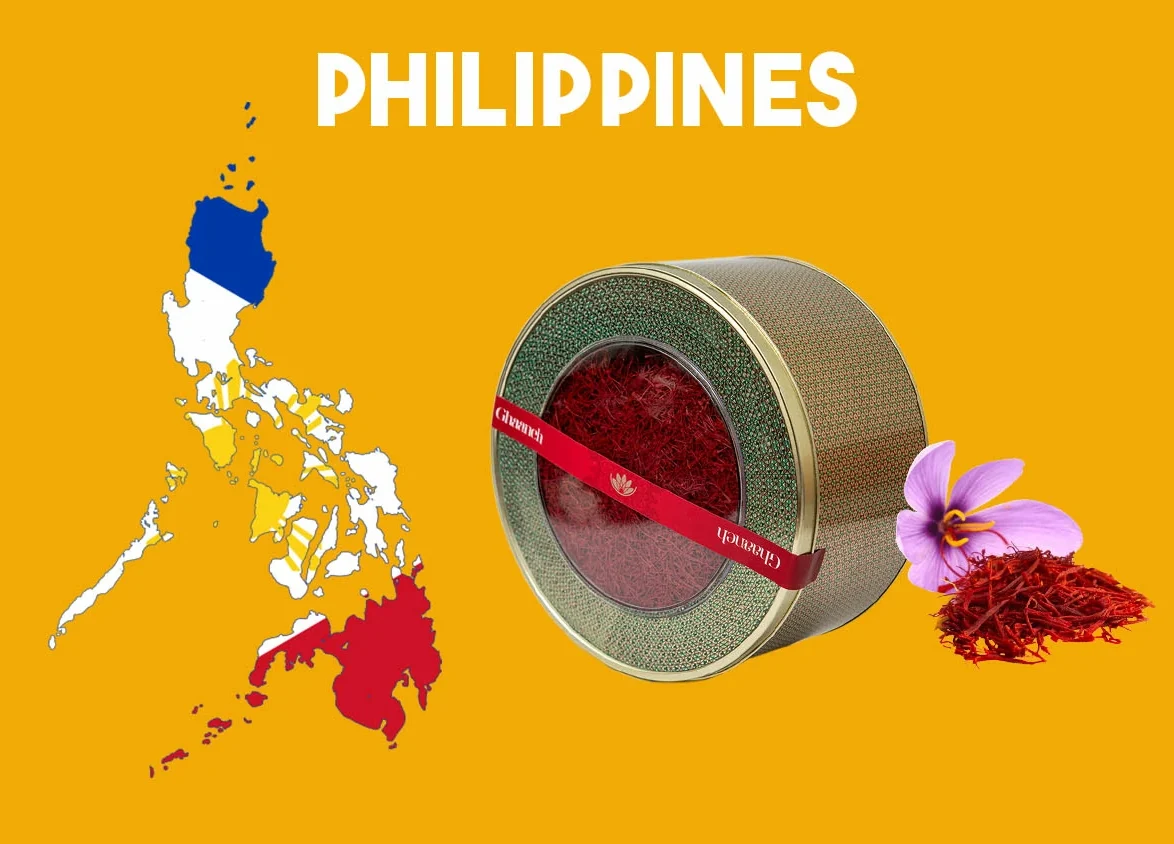
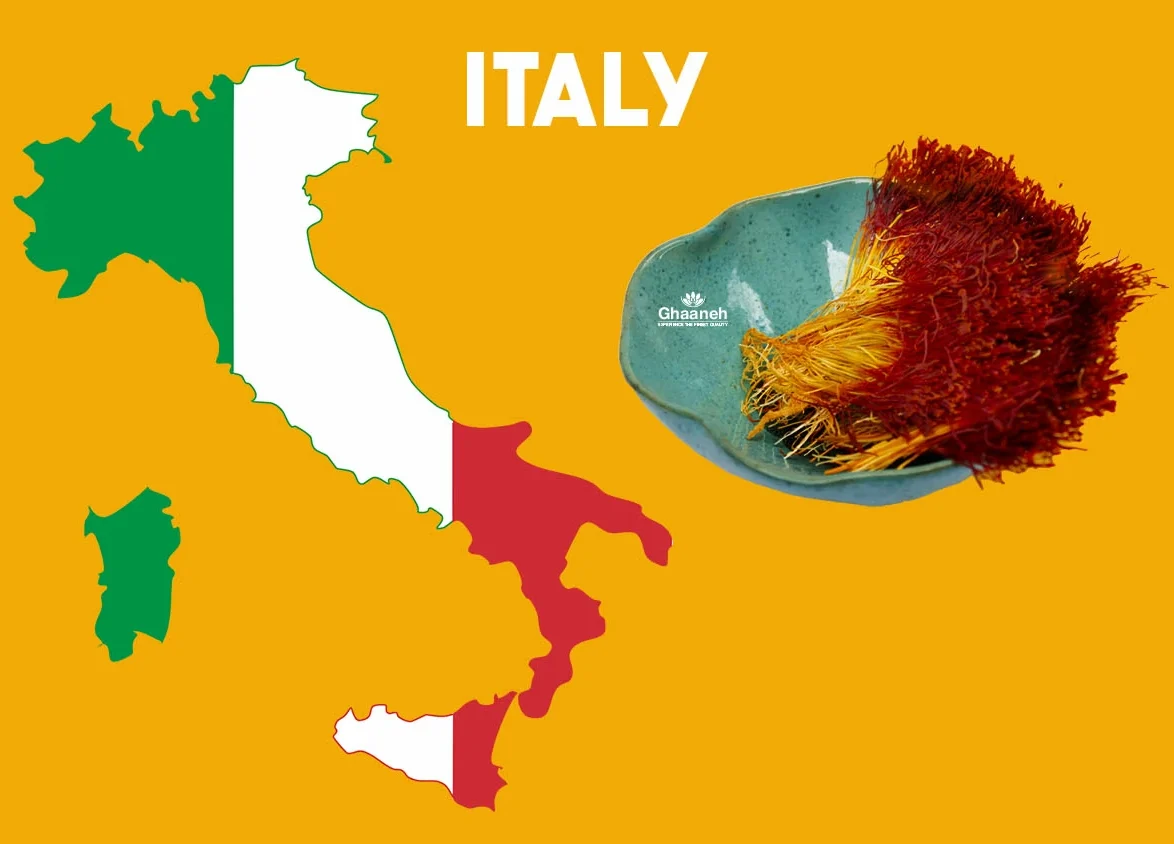
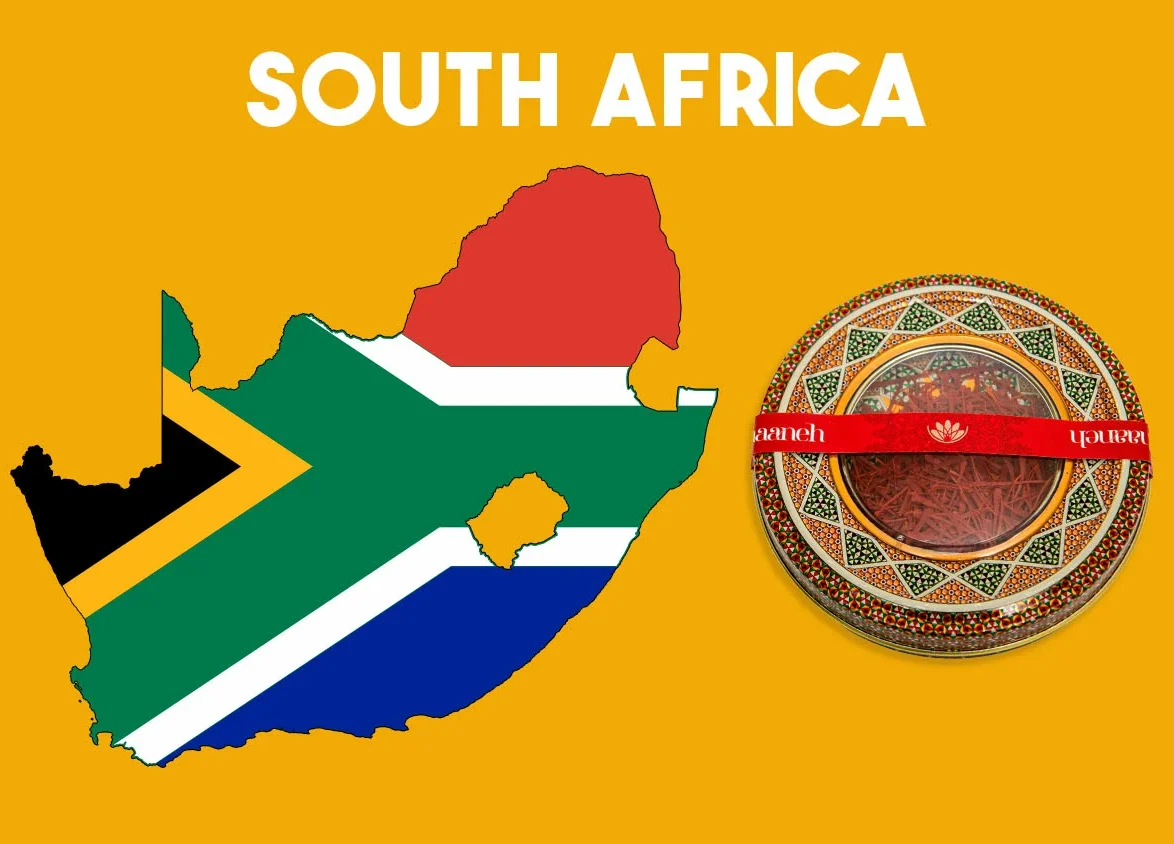

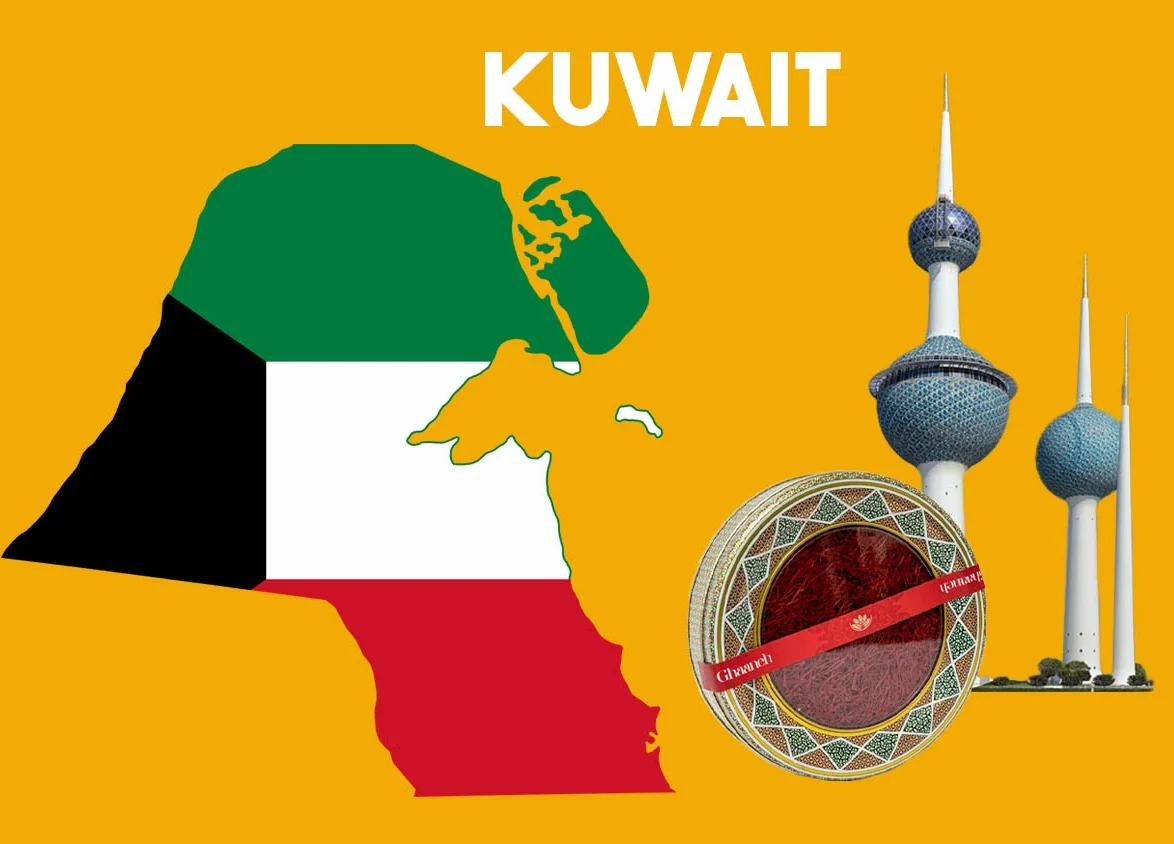
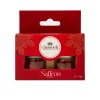
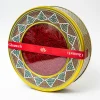
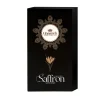
Pingback: Identify High Quality Saffron: Simple Guide